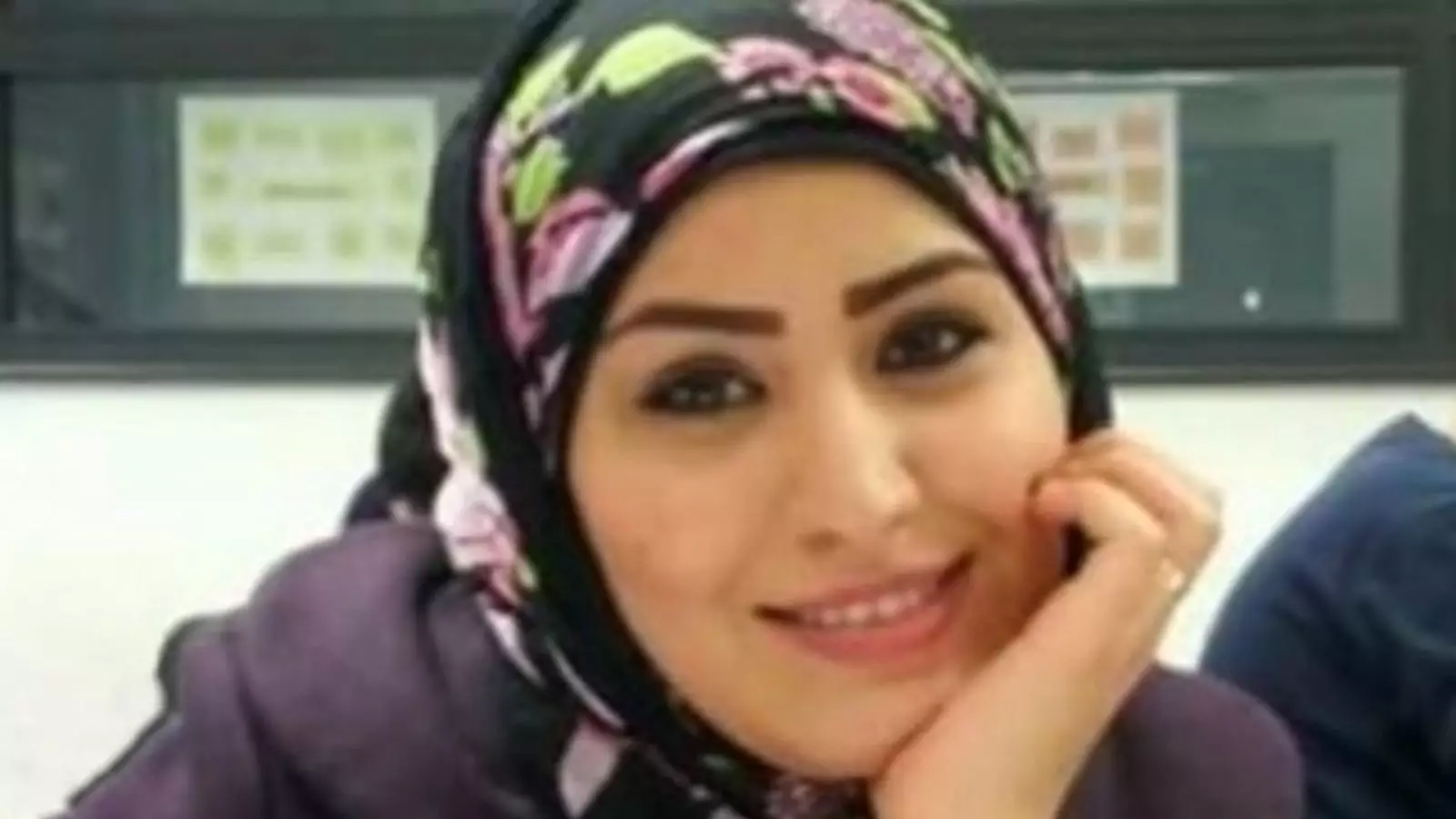The chilling case of Rania Alayed, a mother of three who fell victim to domestic violence in 2013, casts a shadow over societal debates about domestic abuse and its often dire consequences. Alayed was murdered by her husband, Ahmed al Khatib, who was sentenced to life imprisonment in 2014. Despite his conviction, the emotional anguish of not being able to lay her body to rest has persisted for her family. After a long, agonizing period of uncertainty, recent developments have seen investigators uncover what they strongly suspect to be Alayed’s remains in North Yorkshire, providing a glimmer of hope for closure in a tragedy that has echoed through the years.
Greater Manchester Police (GMP) initiated new searches after receiving fresh information regarding Alayed’s whereabouts. This led to the discovery of human remains buried near the A19 in Thirsk. While official identification is pending, law enforcement officials are operating under the solemn suspicion that these remains belong to Alayed. The search attempts, which have occurred sporadically over the past decade, highlight the persistent judicial and emotional pursuit for justice and closure that Alayed’s family has been engaged in since her brutal murder. The police have expressed their dedication to supporting Alayed’s family, illustrating the human element that often gets lost in the mechanics of such investigations.
Family’s Response and Emotional Toll
Yazan, Alayed’s son, articulated the profound emotional impact that this development has on the family. Describing the moment as “surreal,” he conveyed the family’s deep yearning for closure, a longing that has been unfulfilled for over eleven years. The ability to finally create a place of rest for their mother resonates with their desire to perform an act of love and remembrance that has been stifled by years of distraught uncertainty.
Detective Chief Inspector Neil Higginson of GMP’s major incident team emphasized the exceptional pain caused not only by the murder itself but also by the continued absence of Alayed’s body. His remarks shed light on the long-lasting effects of unresolved grief, which can amplify the struggles of families affected by violent crimes. The tragic story of Alayed is not just one of loss but also of the enduring scars left on those who knew and loved her.
This case underscores the critical issue of domestic violence and the systemic failures that sometimes allow such heinous crimes to escalate unchecked. Alayed’s story, characterized by her early marriage at the tender age of 15 and eventual escape from a violent relationship, mirrors the struggles many face when escaping abusive situations. Her family’s ordeal sheds light on the broader societal need for preventive measures, support systems, and legal structures that can protect individuals from domestic abuse before it leads to such tragic outcomes.
As the investigation continues and identification processes unfold, one can only hope that the discovery of Rania Alayed’s remains will serve as a poignant reminder of the urgent need for change in how society addresses domestic violence, ensuring that no mother’s legacy suffers in silence.

